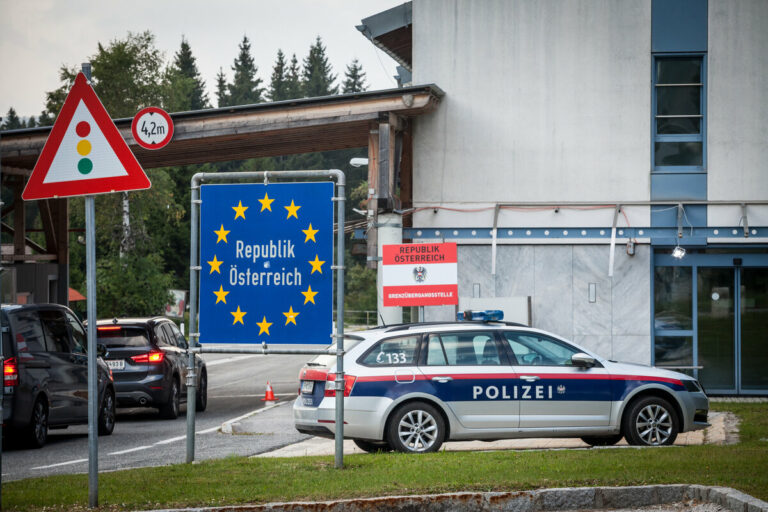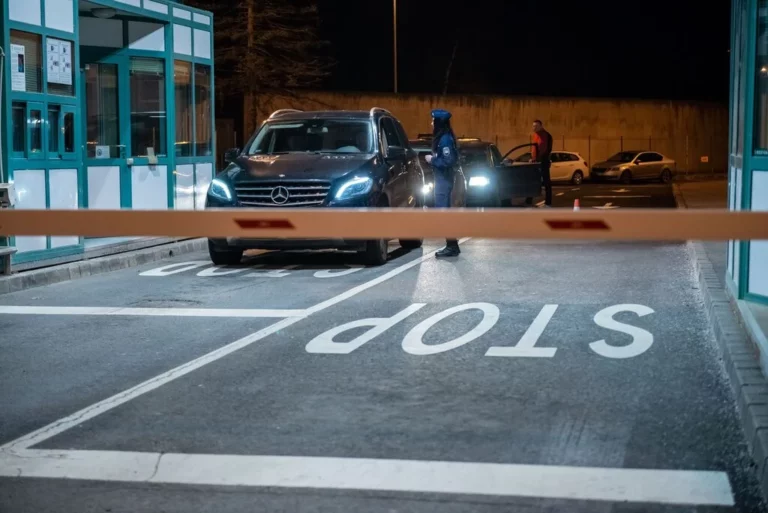Slovakia
Tragedy: Slovak husband arrested after wife’s body found in Hungary

Here’s Hungarian oil and gas giant MOL’s big announcement concerning non-Russian oil

BREAKING: Austria, Slovakia lift temporary border crossing restrictions!

Czechia lifts ban on Hungary and Slovakia

Austrian authorities extend Hungarian border checks due to mafia concerns

Hungary and Slovakia unite against EU proposal to ban Russian energy imports

New EU initiative banning Russian oil, gas imports to Hungary may increase Hungarian energy prices sky-high

New border crossings and infrastructure projects announced between Hungary and Slovakia

PM Orbán and Slovak Socialist PM Fico discuss friendship, migration, and gas supply

FM Szijjártó: cooperation between Slovakia, Hungary best so far

Hungary outperforms Czechia and Slovakia in fresh EU wages ranking

Important: Croatia follows Slovakia and Austria in introducing border restrictions to Hungary

Anti-Hungarian banner displayed by Slovan supporters at the match against DAC

Real estate in the CEE region: Central European capitals remain affordable, but how is Budapest performing?

Slovakia and Austria close borders with Hungary: everything you need to know

Minister Nagy: Efforts to contain foot-and-mouth disease successful in Hungary, new decontamination points – video

75th anniversary of Slovak language school celebrated in Budapest

Update on the spread of foot-and-mouth disease in Hungary





 ZH
ZH IT
IT DE
DE HR
HR NL
NL FR
FR JA
JA RO
RO RU
RU ES
ES TR
TR
